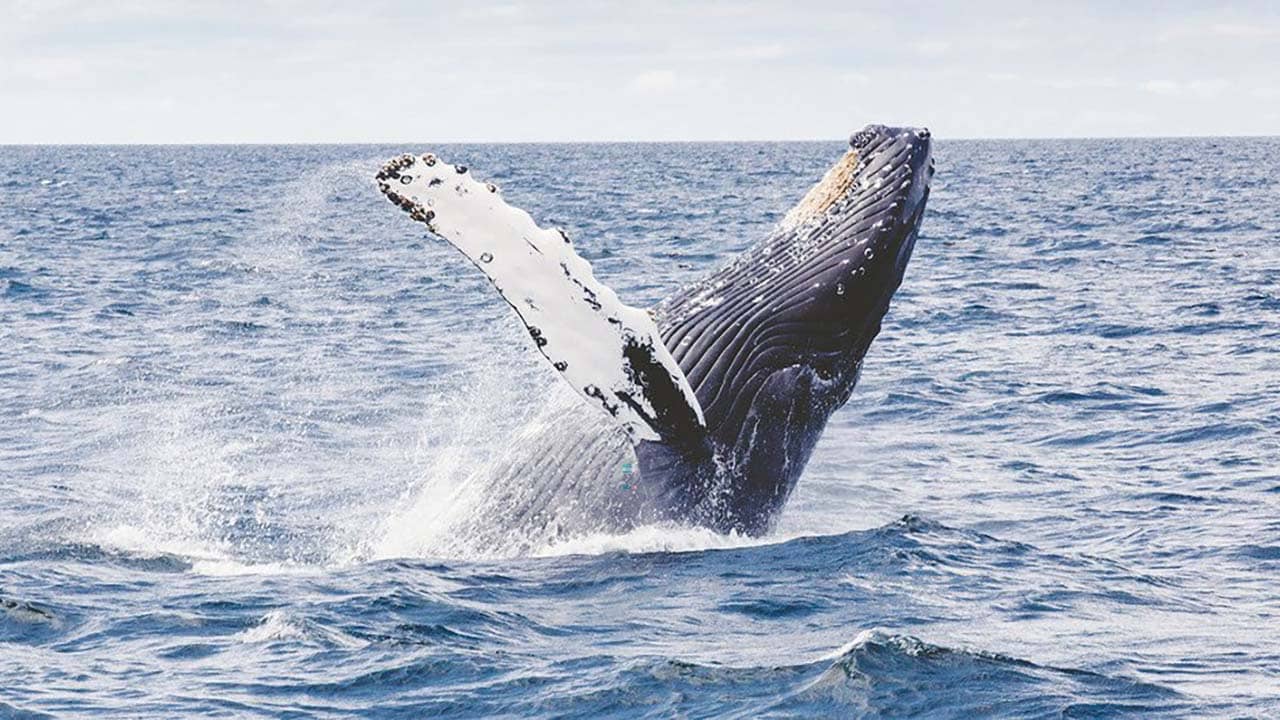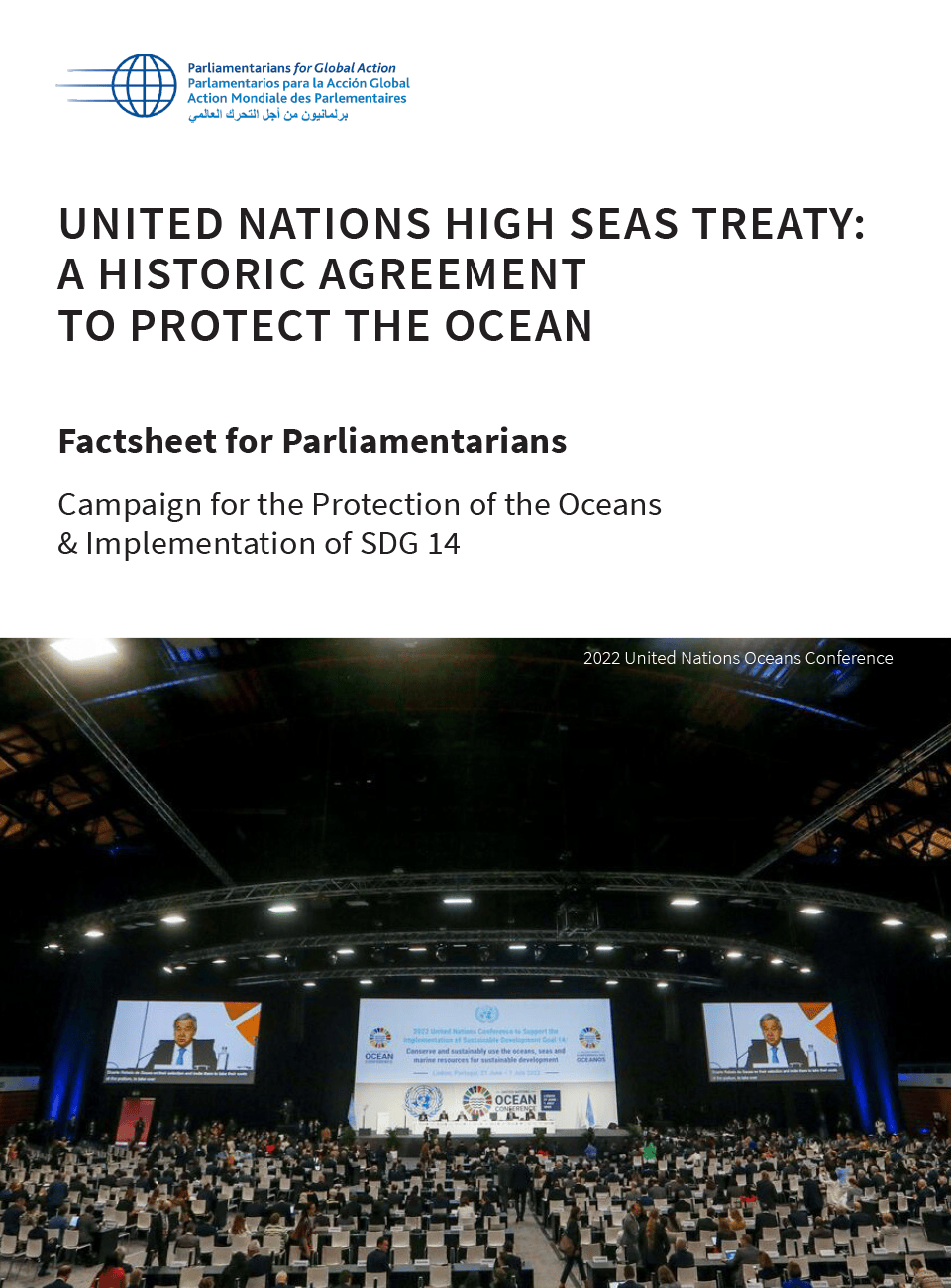
On 4 March, 2023, UN member states finalized the text of the High Seas Treaty, marking a historic milestone in ocean protection for all people of present and future generations. The High Seas Treaty provides a legal framework to ensure conservation and sustainable use of and access to marine genetic resources. Nearly two decades after initial discussions began at the UN in 2004, the High Seas Treaty is a momentous opportunity for this common heritage of humankind.
The High Seas, also referred to as international waters, begin 200 nautical miles from shorelines and belongs to all people. The High Seas alone cover 43 percent of Earth’s surface and with its rich biodiversity, sustains life on the Earth. Currently, only about 1 percent of the High Seas are protected.
PGA congratulates all those involved in reaching this historic agreement. Since 2019, through PGA’s Oceans Campaign Project to Protect the High Seas, member-parliamentarians have committed to working towards the development of a treaty to protect the High Seas, reinforcing their commitment in the 2019 Praia Plan of Action and 2021 Belmopan Plan of Action.
The High Seas Treaty, to be formally adopted at a later date, will reinforce both the 2030 Agenda for Sustainable Development and the Kunming-Montreal Global Biodiversity Framework, which includes a commitment to protect and conserve at least 30 percent of our planet’s land and ocean areas by 2030. The Treaty will establish the framework for the creation of marine protected areas on the high seas and guide decision-makers on how to assess the environmental impacts of human activities in these areas. Learn more about PGA’s project with the Blue Nature Alliance to protect 30 percent of the ocean by 2030 through Marine Protected Areas here.
The health of our ocean is inherently linked to the health of our planet and therefore the human right to a clean, healthy and sustainable environment. PGA urges stakeholders to continue the momentum of this landmark agreement into urgent and effective implementation to protect this common heritage of humankind and secure related human rights for present and future generations.
Publication

United Nations High Seas Treaty: An Historic Agreement to Protect the Ocean
A factsheet to promote understanding and ratification of the High Seas Treaty.
Description
The high seas, also referred to as international waters, begin 200 nautical miles from shorelines and belong to all people as the common heritage of humankind. These areas are not included in exclusive economic zones, territorial sea, internal waters, or archipelagic waters of a State.
Covering 43 percent of Earth’s surface with life-sustaining rich biodiversity, the high seas belonging to all people are areas beyond national jurisdiction (ABNJ) and therefore have lacked dedicated management or protection. Less than 1 percent of the high seas are fully or highly protected.
The urgent need to protect the high seas is, in fact, the need to protect the human right of all people to a safe, healthy and sustainable environment, amongst other associated human rights.
PDF(s)
Additional Details
- Publication Type: Factsheet
- Publication Date: 2023
- Author(s): Parliamentarians for Global Action



